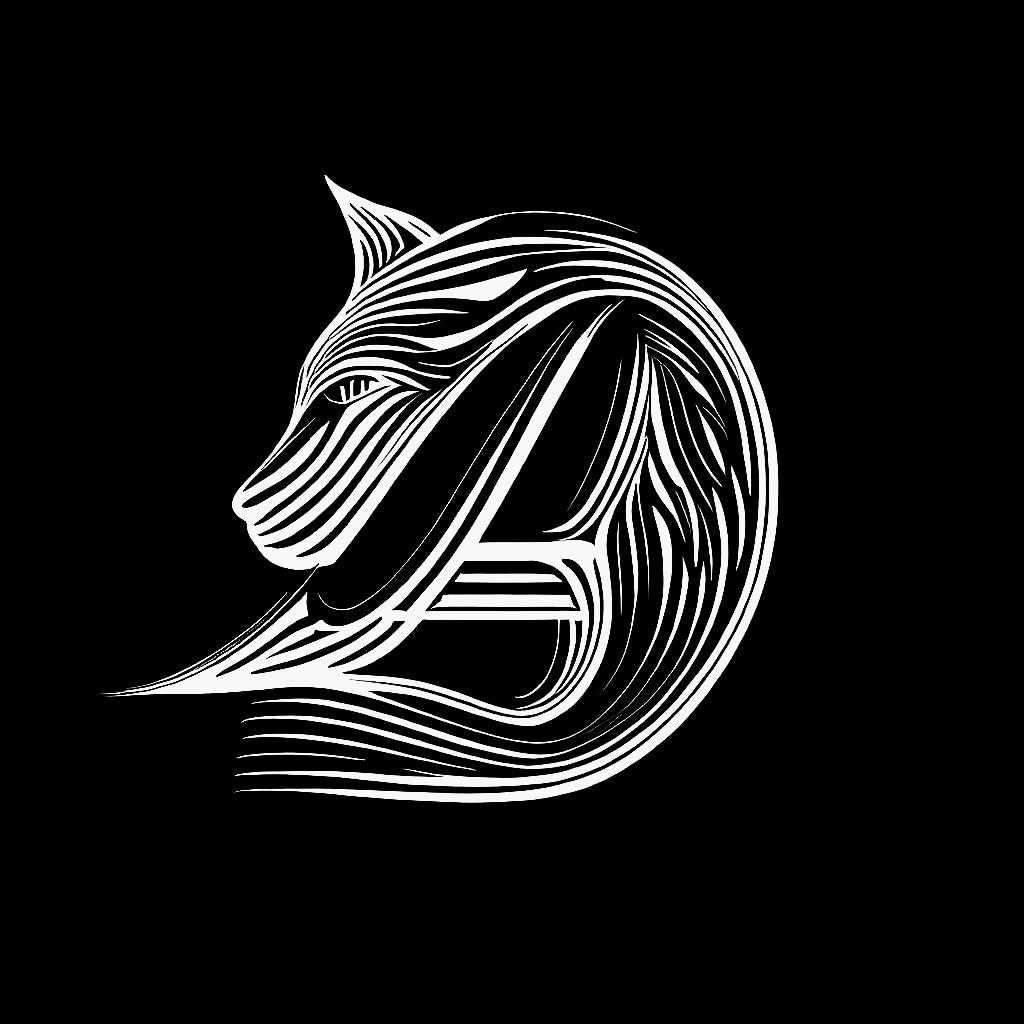Language, a human invention, evolves in curious ways, often borrowing from the world around us, including the kingdom of animals. Animal vocabulary in slang and jargon is as pervasive and varied as the creatures themselves, serving as a testament to the deep-seated influence fauna have on our expression and communication. Whether in the boardroom or the back alley, animal terms infuse our daily jargon with color and character.
“Busy as a Bee” – The Buzzing Work Ethic
In the Hive of Hustle: The Industrious Insect in Idioms
Delve into how the hardworking bee has become synonymous with productivity and the industrious spirit in professional and personal spheres. “Busy as a bee” isn’t just a catchy phrase; it’s a societal nod to tireless work and the sweet success it brings.
“Eagle-Eyed” – Visionary Vernacular
Above the Fray: The Raptor’s Gaze in Language
Explore the term “eagle-eyed” and its implications for high standards of precision and excellence. This bird of prey’s vision epitomizes clarity and far-reaching insight, qualities highly prized in careers and creative endeavors alike.
“A Wolf in Sheep’s Clothing” – Deceptive Disguises
Fables in Fashion: Cautionary Clothing in Colloquialisms
Unpack the layers behind the phrase “a wolf in sheep’s clothing,” a lesson in vigilance and the recognition of duplicity that transcends time, reminding us that appearances in social and political arenas can be as deceptive as in ancient tales.
“Cry Wolf” – The False Alarms of Language
The Boy Who Spoke: The Repercussions of Redundancy
Analyze the phrase “cry wolf” and its role in warning against the misuse of urgent appeals. This proverbial lesson is applied in scenarios from emergency services to everyday excuses, highlighting the importance of integrity in our words.
“Lion’s Share” – The Greedy Grammar
King of the Jungle in Common Speak: Equity and Excess
Discuss the concept of “lion’s share” as it relates to disproportionate allocation in finance and familial settings. From boardroom deals to inheritance disputes, the lion’s portion is rarely left unchallenged or unexamined.
“Monkey Business” – Playful Pragmatics
Mischief and Merriment: The Primate’s Play in Parlance
Explore “monkey business” as a term for mischievous or suspicious activities. The playful primates lend their name to scenarios filled with chaos and fun, whether it’s children at play or adults in less-than-serious undertakings.
“Cat’s Out of the Bag” – Secrets and Spills
Unleashed Truths: The Feline’s Escape in Expression
Delve into the phrase “cat’s out of the bag,” a moment of unveiled truths and unintended disclosures. This saying spans countless situations where secrets, once closely guarded, become public domain, with outcomes both liberating and alarming.
“Fish Out of Water” – Discomfort Dialogues
Floundering Feelings: The Aquatic Analogy for Awkwardness
Consider the saying “fish out of water” and its poignant portrayal of discomfort and adaptation. It’s a universally resonant metaphor for those times we find ourselves out of our depth, socially or professionally.
“Leaping Lizards” – Surprise and Spectacle
Scales and Tails: The Reptilian Remark on the Remarkable
Reflect on the exclamation “leaping lizards” as an expression of astonishment and wonder. This phrase invites us to consider how the animal kingdom can surprise and delight us, akin to unexpected turns in life that leave us speechless.
“Sly as a Fox” – Cunning Connotations
Crafty Characters: The Canine’s Cleverness in Common Terms
Scrutinize “sly as a fox” as a salute to strategic thinking and tactical maneuvers. In the chess game of life, being compared to this cunning creature can be both a compliment and a cautionary label.
“Swan Song” – Final Acts in Phraseology
Elegy in Elegance: The Last Lament of the Swanning Cygnet
The poignant “swan song” finds its place at the crossroads of the end and the exquisite, where finality meets beauty. This term paints last acts with a stroke of grace, whether it’s a career’s culmination or the finale of a performance.
“The Elephant in the Room” – Unspoken Giants
The Tusked Truths: Addressing the Undeniable in Dialogue
Address “the elephant in the room,” an unignorable truth lurking in plain sight. This mammoth metaphor invites dialogue on the things we often choose to ignore, whether due to discomfort, diplomacy, or denial.
The Menagerie of Metaphor – Animals in Our Anthropocentric World
Animals enrich our language, lending their traits to our tongues and teaching us about ourselves through the process. As we narrate our human experience, these animal-inspired phrases offer a looking glass into our world’s cultural, ethical, and emotional landscapes. They tell a story of how we relate to the animal kingdom — with respect, affinity, and a deep-seeded recognition of our shared journey on this planet. With every “wolfish” grin or “parroting” of phrases, we acknowledge the animal in us all, perpetuating a tradition of teaching and learning that is as old as language itself.








